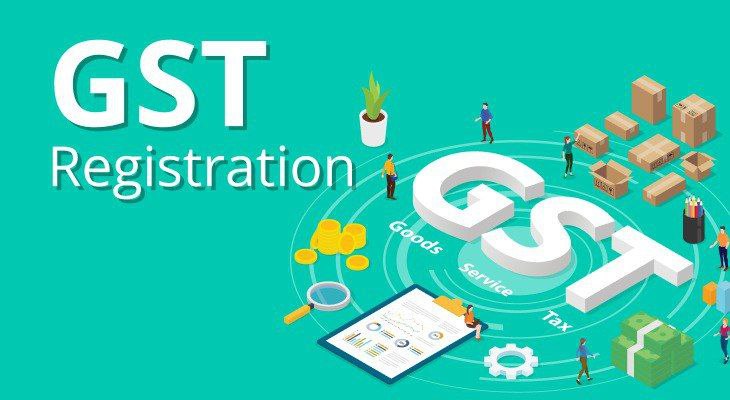Govt to Roll Out Revamped GST Registration from Nov 1, 2025
Page Contents
Govt to Roll Out Revamped GST Registration System from Nov 1, 2025
The Govt will launch a revamped Goods and Services Tax Registration system effective November 1, 2025, as part of the broader GST 2.0 reforms aimed at simplifying compliance and reducing processing delays.
Automated Approvals for Low-Risk Applicants
Under the new system, automated approvals will be granted to low-risk applicants, particularly those with a monthly output tax liability below ₹2.5 lakh. Registrations for such taxpayers are expected to be completed within three working days, covering nearly 96% of new applicants. This automation is expected to drastically reduce delays caused by manual verification and streamline onboarding for compliant taxpayers.
The reform is expected to streamline onboarding for small businesses and public sector units, minimising delays associated with manual verification. Tax authorities will be able to focus on high-risk cases, identified through data analytics and intelligence inputs, to strengthen fraud detection without burdening compliant taxpayers.
Part of Broader GST 2.0 Reforms
The registration revamp is part of a comprehensive GST 2.0 package, which also includes:
- A simplified two-slab rate structure of 5% and 18%, with a 40% rate on luxury and sin goods.
- Plans for automated refunds, rationalised return filings, and risk-based audits.
Announcing the initiative during the inauguration of the new CGST Bhawan in Ghaziabad, Union Finance Minister Nirmala Sitharaman said the reforms aim to make the GST system more efficient, transparent, and enforcement-focused. These initiatives are designed to make India’s indirect tax framework more efficient, technology-driven, and business-friendly.
Minister’s Remarks and Future Outlook
At the inauguration of the new CGST Bhawan in Ghaziabad, Union Finance Minister Nirmala Sitharaman said the reform would make the system faster, fairer, and more transparent, improving the ease of doing business while ensuring tighter enforcement against non-compliance.
Experts note that the success of the registration overhaul will depend on the smooth functioning of the GSTN platform and accurate risk categorisation, given past technical challenges during registration processes. The November rollout is expected to significantly ease compliance for most new registrants, aligning the GST regime with the operational realities of small and medium enterprises.
Conclusion
The success of the revamped GST registration process will hinge on the robust performance of the GSTN platform and the accuracy of risk categorisation. If implemented effectively, the November 2025 rollout could mark a major milestone in building a simpler, stronger, and taxpayer-friendly GST regime in India.

